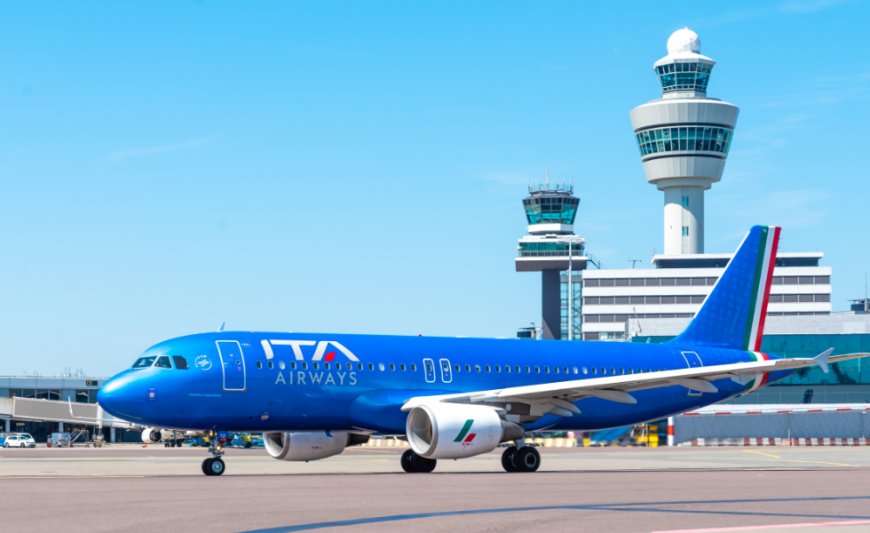European Airlines Cancel Trips to Occupied Palestine amid Rising Tension
Significantly, several big European airlines have said that flights to Tel Aviv will be suspended citing continuous security issues in the area. Along with the larger security concerns in the Middle East, the cancellings—which include Italian and French carriers—reflect the increased uncertainty following the recent escalation in tensions between Israel and its neighbors.

Significantly, several big European airlines have said that flights to Tel Aviv will be suspended citing continuous security issues in the area. Along with the larger security concerns in the Middle East, the cancellings—which include Italian and French carriers—reflect the increased uncertainty following the recent escalation in tensions between Israel and its neighbors.
Confirming it will stop flights to and from Tel Aviv until at least 2025, Italian carrier ITA highlights the grave safety concerns now present to foreign travel in the area. Similar cancellements of all Air France's flights to the Israeli city until at least November 25 and Lufthansa's suspension until at least November 25 The growing conflict has caused foreign airlines to review their flight paths, which has made air travel to the seized territory progressively unstable.
Apart from upsetting travel plans for both business and tourist passengers, the suspension of these flights has significantly affected Israel's high-tech industry. An analysis of the financial effects of the aircraft cancellements by Israeli media site "Calcalist" noted that several of Israel's top technological enterprises are experiencing major operational disturbances. Given the rising expense of flying with the national carrier, El-Al, the sole airline still running flights to and from Israel, these businesses are finding it difficult to promptly meet the needs of investors and consumers while flights remain suspended. This has caused increasing discomfort within Israel's tech community, which mostly depends on fast, effective travel and foreign business links.
These airlines' choice reflects more general worldwide concerns regarding the safety of travel to the area because the continuous Israeli military operations have become more intense. Rising tensions with Iran combined with the growing instability in Israel and the occupied areas have made it more difficult for international businesses to operate as usual. Given Israel's economy, which has historically relied on a thriving digital industry and ties to international enterprise, this is extremely alarming.
The cancellation of international flights might have long-term effects on Israel's economy as well as its worldwide profile as the situation develops. For Israel's high-tech sector, which has long been backbone of its economy, the economic impact is especially striking. Should the disturbance of international air travel continue, it could further isolate the nation from the world market since foreign businesses and investors grow more cautious of the hazards associated with conducting business in an unpredictable surroundings.
For now, the halt of flights to Israel reflects the larger geopolitical and security issues confronting the area. Particularly with regard to its high-tech industry, the effects on Israel's economy operate as a sobering reminder of how regional unrest can knock on other sectors and influence world-wide international relations.













































